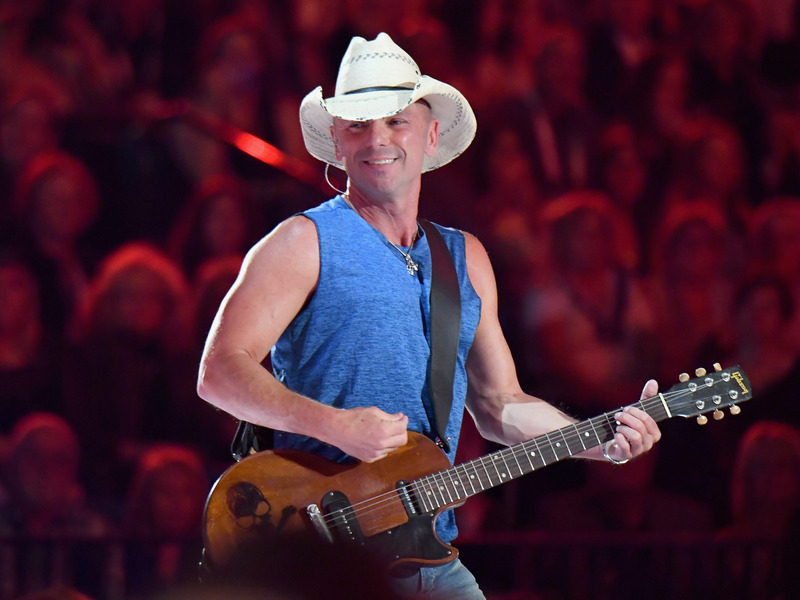Nashville, TN (Story courtesy of WVLT) Tennessee on Thursday released a redacted version of its newly completed execution manual, blacking out sporadic titles and team names throughout the notably trimmed-down document that now provides vague guidelines and omits previously detailed steps on carrying out the death penalty.
The Tennessee Department of Correction initially refused to hand over the manual when pressed by The Associated Press, arguing that the state had to keep the entire manual secret to protect the identities of the executioner and other people involved.
However, on Thursday, the agency abruptly reversed course and provided the AP with a copy of the lethal injection protocol. Their only explanation for the change was that the state was revising its decision.
The 44-page manual is noticeably shorter than the 2018 version the state had been operating under, which contained nearly 100 pages, including 11 pages detailing how lethal injection drugs should be procured, stored and administered. The state’s failure to follow those procedures forced Republican Gov. Bill Lee in 2022 to call a last-minute halt to the execution of Oscar Smith and then place a moratorium on new executions while the process was under review.
An independent report later found that none of the drugs prepared for the seven people executed since 2018 had been fully tested as required by the manual. The report also revealed that state officials even considered trying to acquire drugs through a veterinarian or even importing them internationally. Later, the state Attorney General’s Office conceded in court that two of the people most responsible for overseeing Tennessee’s lethal injection drugs “incorrectly testified” under oath that officials were testing the chemicals as required.
The new manual contains only a single page on the lethal injection chemicals with no specific directions for testing the drugs. It also removes a requirement that the drugs come from a licensed pharmacist. Yet the new protocol does include several new additions, including now authorizing the state to deviate from the protocol whenever the Correction Department commissioner deems it necessary.
In Tennessee, the 2018 lethal injection protocol required a series of three drugs administered in sequence. The new version unveiled last week requires only a single dose of pentobarbital. One other change — the people most responsible for carrying out the execution will now be outside contractors. The manual requires an IV team of at least two people and a physician who are not Tennessee Department of Correction personnel.
When ordering the pause in 2022, Lee stressed that it was his administration’s duty to “ensure continued transparency” for Tennesseans surrounding the death penalty and that he expected “the Tennessee Department of Correction to leave no question that procedures are correctly followed.”
Kelley Henry, chief of the federal public defender’s habeas unit that represents many of the people on Tennessee’s death row, told the AP in an email that the new manual “fails to address the many concerns raised by the independent investigation.”
“As of today, we still do not know the source of drugs, whether they are compounded, or whether they have been diverted from the market into a gray market, how they will be procured, stored, tested, and administered,” she said. ”This level of secrecy is inconsistent with the promises of transparency made by the Governor two years ago.”
Across the U.S., executions have remained at historic lows for years, but the small group of states still carrying out the death penalty have only increased the secrecy surrounding the procedures, particularly over how and where the state secures the drugs used for lethal injections.
Many states argue that secrecy is critical to protect the safety of those involved in the execution process. Yet in a 2018 report, the Washington-D.C.-based nonprofit Death Penalty Information Center found that this argument often led to these states refusing to provide information about the qualifications of their execution teams. Meanwhile, some courts have dismissed states’ claim that more public disclosure would result in threats against prison officials over a lack of evidence.





















